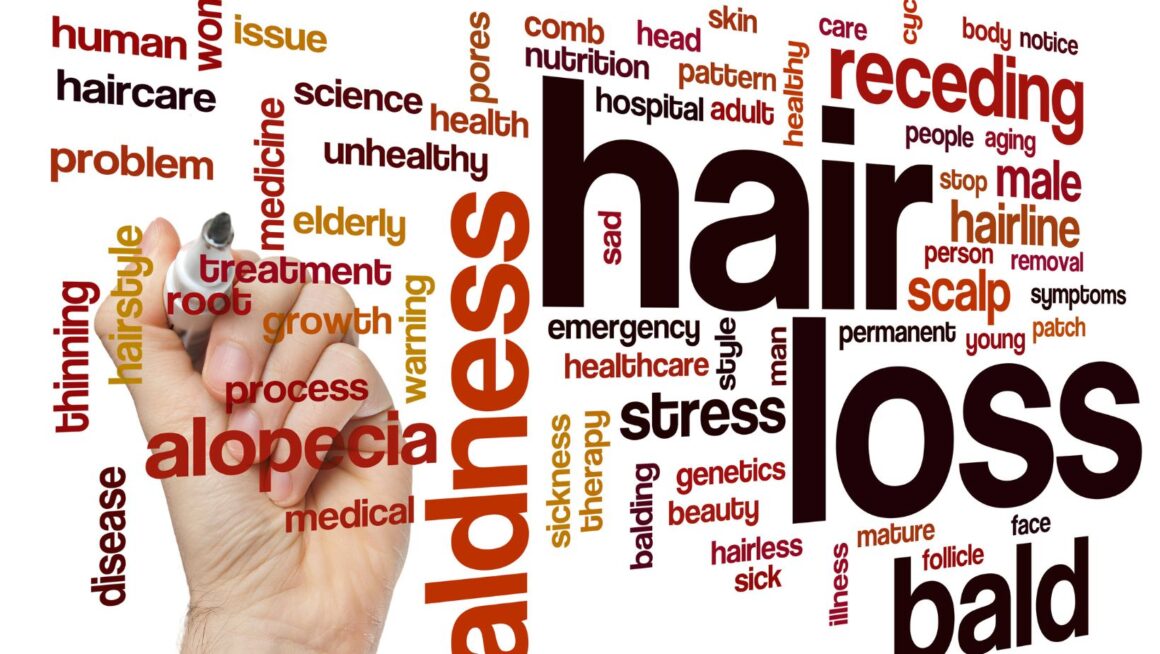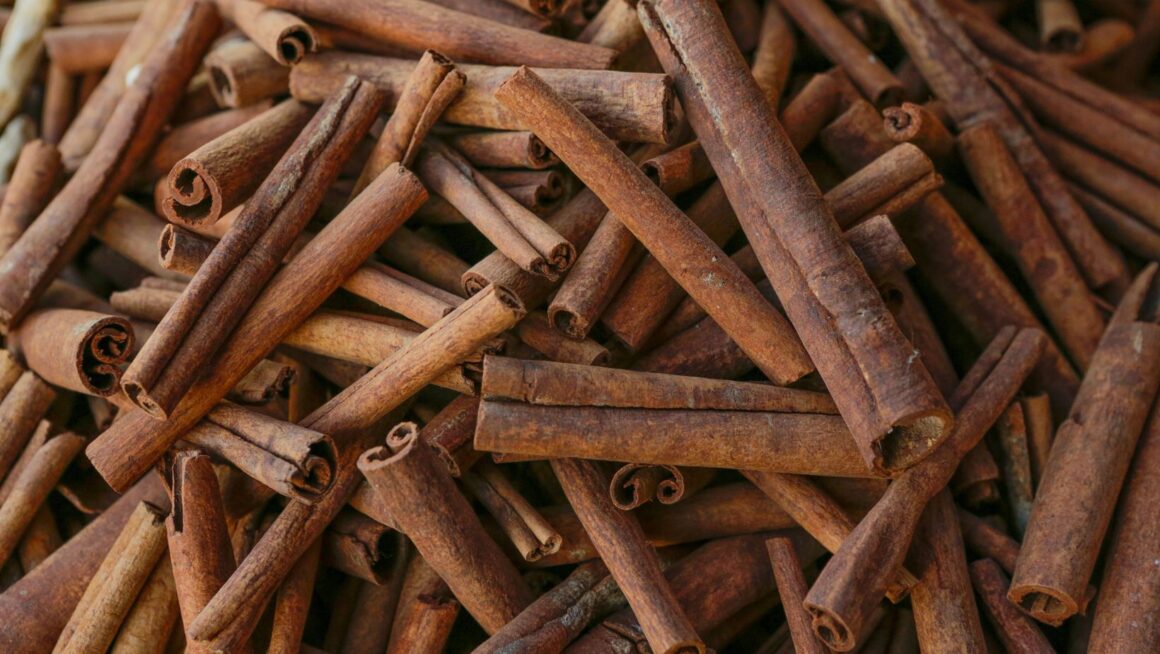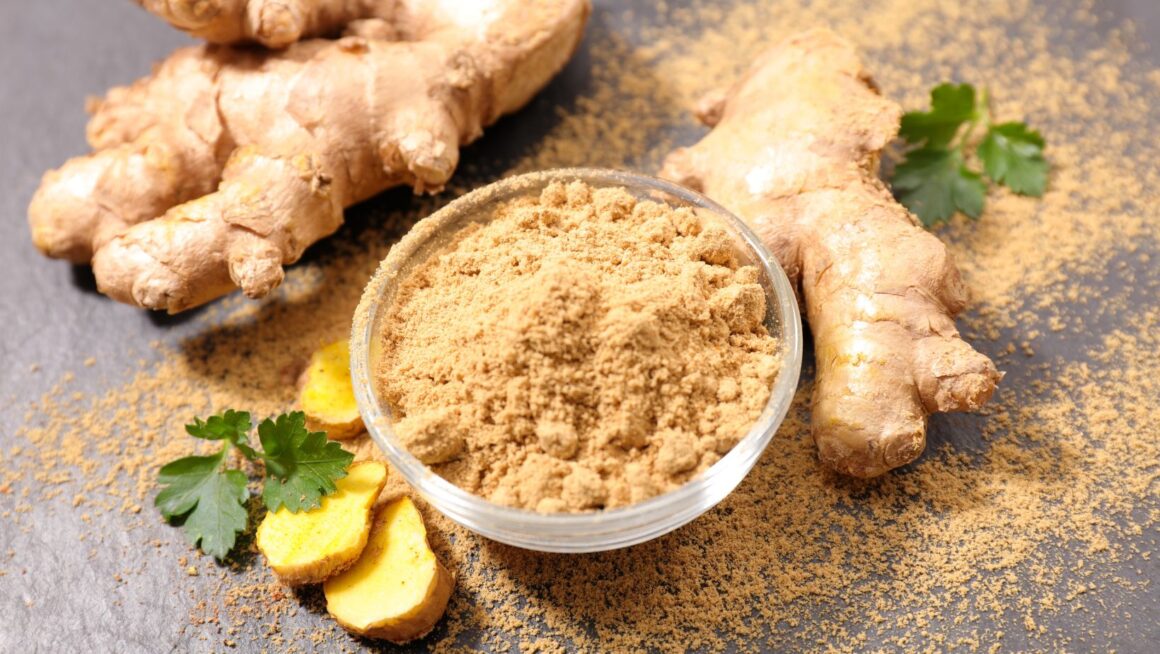Nutritional deficiencies can play a significant role in the health of our hair. As someone who’s delved into the realm of nutrition and its impact on overall well-being, I’ve come to understand the intricate connection between what we eat and the condition of our hair. In this article, I’ll explore how deficiencies in key nutrients can lead to hair loss and impact the strength and vitality of our locks.
From inadequate intake of essential vitamins like Biotin to a lack of minerals such as Iron, our dietary choices can directly influence the health of our hair follicles. Through my research and experience, I’ve learned how addressing these deficiencies through proper nutrition can help combat hair loss and promote healthier, fuller hair growth. Stay tuned as I uncover the link between Nutritional deficiencies and hair loss, providing insights to help you nourish your hair from the inside out.
Nutritional Deficiencies Linked to Hair Loss
Iron Deficiency and Hair Loss
Iron deficiency is a common nutritional issue that can significantly impact hair health. Insufficient iron levels can disrupt the hair growth cycle, leading to hair loss. Iron plays a crucial role in transporting oxygen to the cells, including those that stimulate hair growth. When there is a lack of iron in the body, hair follicles may not receive an adequate oxygen supply, resulting in weakened hair strands and increased hair shedding.
Protein Malnutrition and Hair Health
Protein malnutrition can also contribute to hair loss. Proteins are the building blocks of hair, and a lack of protein in the diet can weaken hair follicles, leading to brittle and thinning hair. Adequate protein intake is essential for maintaining strong and healthy hair. Including sources of high-quality protein such as lean meats, fish, eggs, and legumes in your diet can help promote hair growth and prevent hair loss due to protein deficiency.
Vitamin D and Hair Follicle Growth
Vitamin D plays a vital role in hair follicle cycling and growth. Deficiency in vitamin D has been linked to hair loss and other hair-related problems. Vitamin D receptors are present in hair follicles, and its deficiency can disrupt the hair growth cycle, leading to hair thinning and loss.

Ensuring sufficient exposure to sunlight or consuming vitamin D-rich foods such as fatty fish, fortified dairy products, and egg yolks can support healthy hair follicles and promote hair growth.
The Role of Zinc in Hair Tissue Growth
Zinc is an essential mineral for the growth and repair of tissues, including those in the scalp and hair follicles. A zinc deficiency can result in hair shedding and slow hair growth. Zinc helps maintain the structural integrity of hair proteins and supports the function of hair follicles. Including zinc-rich foods like oysters, nuts, seeds, and whole grains in your diet can help prevent zinc deficiency and promote healthy hair tissue growth.
Omega-3 Fatty Acids and Scalp Health
Omega-3 fatty acids are beneficial for scalp health and hair growth. These essential fatty acids help nourish hair follicles, improve hair elasticity, and contribute to overall hair health. Including omega-3 rich foods such as fatty fish, flaxseeds, chia seeds, and walnuts in your diet can help maintain a healthy scalp environment, reduce inflammation that may affect hair follicles, and support hair growth. Adequate intake of omega-3 fatty acids can help prevent scalp conditions that may lead to hair loss.
Addressing Nutritional Deficiencies
Dietary Changes for Healthier Hair
To combat nutritional deficiencies impacting hair health, I emphasize incorporating nutrient-rich foods into my diet. Foods high in Biotin, Iron, Protein, Vitamin D, Zinc, and Omega-3 fatty acids play a crucial role in promoting healthy hair growth. Including sources like eggs, spinach, salmon, nuts, and seeds in my daily meals ensures a well-rounded intake of essential nutrients to support hair health.
Supplements to Combat Deficiencies
When dietary changes might not suffice, I turn to supplements to address any existing deficiencies that could be contributing to hair loss. Biotin supplements are known to enhance hair strength, while Iron supplements can boost hair growth by addressing anemia-related hair loss. Vitamin D and Omega-3 supplements aid in maintaining scalp health and promoting hair growth, providing a comprehensive approach to tackling nutritional deficiencies affecting hair.
When to See a Professional
If symptoms of nutritional deficiencies persist despite dietary adjustments and supplementation, it’s essential to seek guidance from a healthcare professional specializing in hair health.

Consulting a dermatologist or a trichologist can help identify specific nutrient deficiencies through blood tests and provide tailored solutions to address these issues effectively. Addressing underlying nutritional deficiencies promptly can prevent further hair loss and promote overall hair health.A short-term solution could be a cranial prosthesis to help you feel a sense of normalcy.
Conclusion
Ensuring adequate intake of essential nutrients is crucial for maintaining healthy hair growth and preventing hair loss. Nutritional deficiencies, particularly in Biotin, Iron, Protein, Vitamin D, Zinc, and Omega-3 fatty acids, can significantly impact hair health. By incorporating nutrient-rich foods like eggs, nuts, spinach, poultry, fatty fish, and seeds into your diet, you can support your hair’s vitality. Remember to prioritize a balanced diet, stay hydrated, limit processed foods, consider supplements when necessary, and consult healthcare professionals for personalized advice. Taking proactive steps to address nutritional deficiencies can help you achieve and maintain luscious locks.



